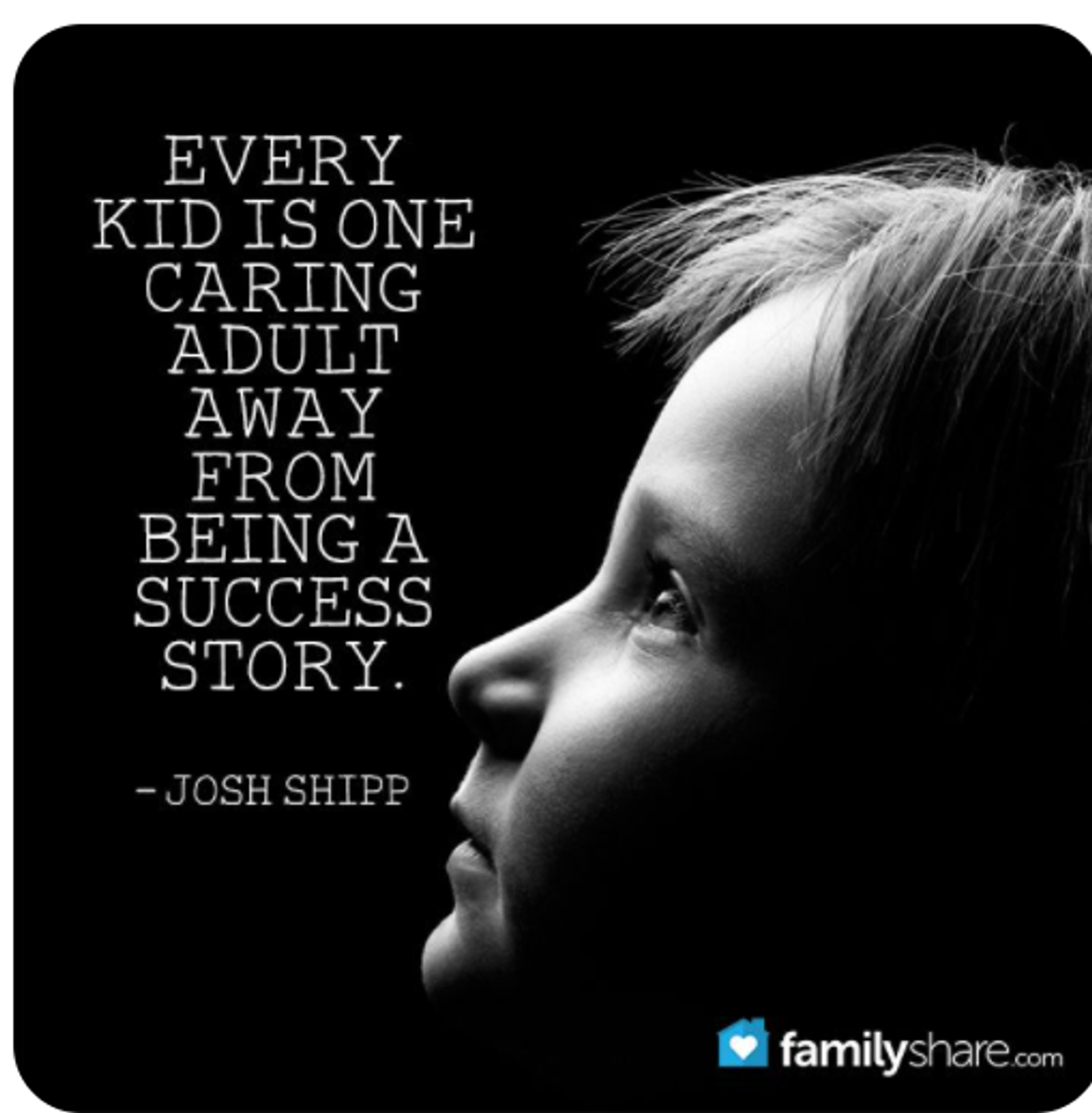Wellbeing and Community News

From the Wellbeing Team
How to get your child’s learning mojo back [or how to keep it going]
I (along with over 100 other parents and educators) recently attended an evening webinar facilitated by psychologist Dr Andrew Fuller.
Compassion, love, hope and connectedness he said are the four most powerful ingredients that we have, to support children and young people to continue to manage the implications of following COVID protocols to keep us all healthy and safe.
Rebuilding connections: Dr Fuller acknowledged that whilst some (not all) students are thrilled about their return to on-site learning, they may still be feeling worried and cautious about reconnecting with teachers and peers. For parents, he suggests keeping up the family conversations that have been happening during “lockdown” and “delicately” and persistently, monitor the lessening of screen time.
The 2x10 Strategy: This strategy was presented for teachers at another webinar I recently attended and might be something that families adopt/adapt at home to maintain and strengthen family connections.
The 2×10 strategy is simple: spend 2 minutes per day for 10 days in a row talking with a student/young person about anything she or he wants to talk about: https://thecornerstoneforteachers.com/the-2x10-strategy-a-miraculous-solution-for-behavior-issues/
Learning Strengths and maintaining a Resilient Mindset
In any context, knowing, using and reflecting on our personal learning strengths is a cornerstone of our learning mojo, given that everyone’s brain processes information differently, and is as unique to an individual as their fingerprint.
When young people understand their pattern of learning strengths and use this knowledge, Dr Fuller reports that there is increased academic self-efficacy and more engagement in learning, all contributing to a student’s level of self-belief that (with a resilient mindset) that they can do well https://mylearningstrengths.com/
Maintaining a Resilient Mindset (rather than having an anxious or avoidant mindset)
A resilient mindset, is one in which people young and old can approach challenges with greater confidence; with the ability to adapt and bounce back when things don’t go as planned. Knowing, using and reflecting on our learning strengths, is one thing that helps to establish a resilient mindset.
Whilst there are many characteristics of a person with a resilient mindset written about (facing challenges, being committed to work, setting and monitoring realistic goals), a resilient mindset is also influenced by relationships.
Resilience requires relationships
Every kid is one caring adult away from being a success story
Anyone in the life of a child can make a difference – family, teachers, coaches – by:
1.Increasing their exposure to people who care about them
2. Letting them know that it’s okay to ask for help
3. Building their executive functioning (working memory, flexible thinking and self-control) including:
- establishing routines;
- modelling healthy social behaviour;
- creating and maintaining supportive reliable relationships around them;
- providing opportunities for their own social connections;
- encouraging opportunities for creative interests and pursuits;
- bringing back the board games - good for impulse control (taking turns), planning, working memory, and mental flexibility (the ability to shift thoughts to an alternative, better pattern of thought if the situation requires)
- playing memory games
4. Encourage a regular mindfulness practice
Mindfulness creates structural and functional changes in the brain that support healthy and calming responses to manage stress, and to positively impact decision-making and responsible and safe behaviour.
5. Exercise
6. Build feelings of self-worth and competence
7. Nurture optimism
8. Teach children and young people how to reframe their thoughts
9. Model resiliency
FINAL WORD:
A recent message to the students from Mr Dowie on their return to on-site learning:
"Enjoy engaging once again socially and intellectually with your peers and teachers. And recognise that it may take a little time to re-adjust for some of you. Whenever it’s challenging, take it a day at a time and plan to do just a couple of things better tomorrow than you did today."
References:
https://theparentswebsite.com.au/andrew-fuller-webinar-how-to-get-your-childs-learning-mojo-back/
https://www.heysigmund.com/building-resilience-children/
*********************************************************************************************
Charis Mentoring Homework Club
Charis Mentoring is running an after school homework club for all Pasifika students in the Brimbank area. Please see the flyer attached below.
Students can register here: https://forms.gle/oG8aNB3cz1z6ambB7
**************************************************************************************************
Maths Tutoring Available
Tommy Le , who was a student at our school last year and is now at Melbourne University is available as a Math Methods and Physics tutor after hours and can be contacted on 0414051716 or on email Tommyle48@hotmail.com.
**************************************************************************************************

